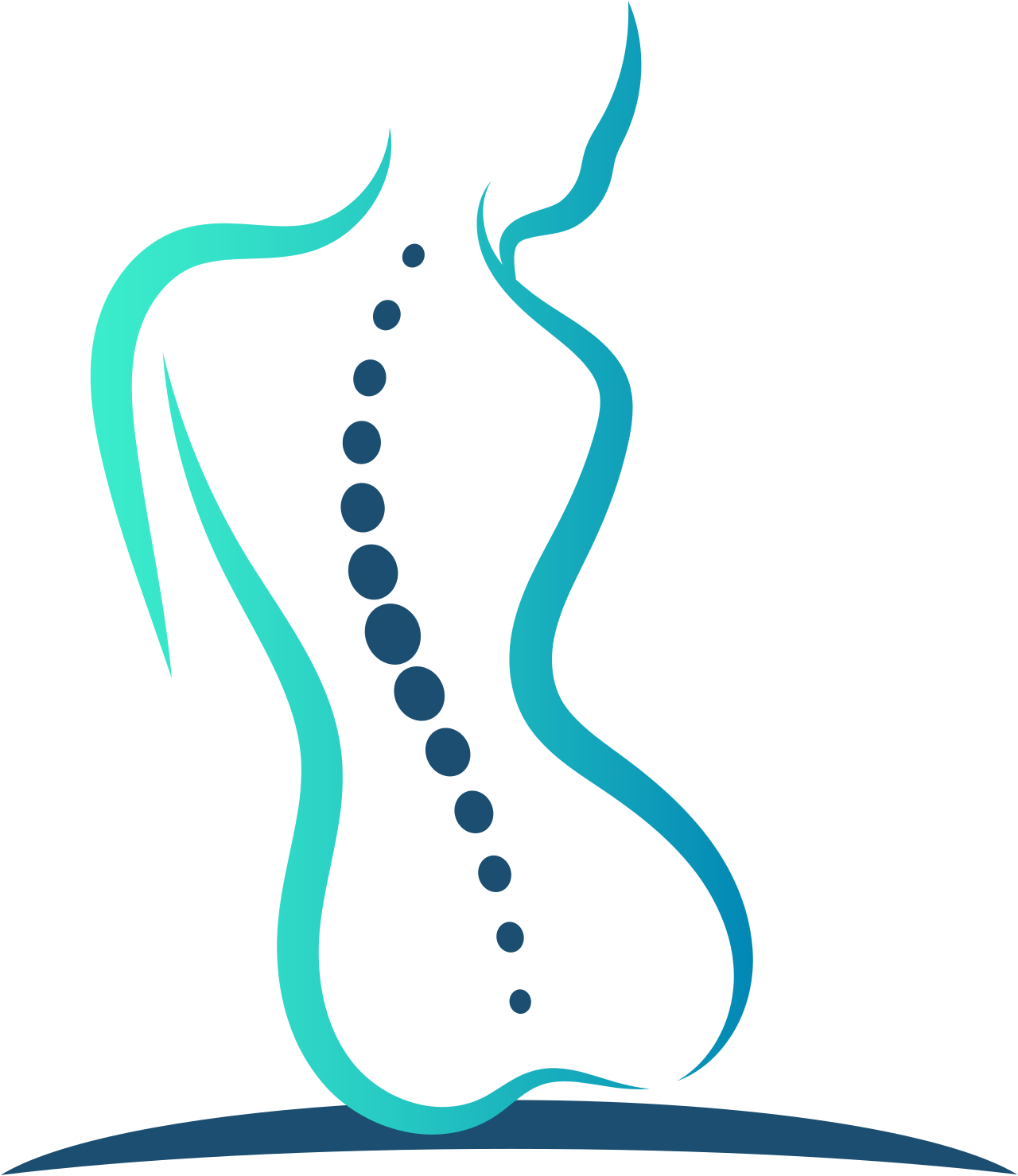How to relieve sit bone pain
Living with sit bone pain can be quite a challenge. Whether you're an athlete, office worker or just someone who spends a lot of time sitting, this discomfort can significantly impact your daily life. This blog aims to help you understand sit bone pain better and offer effective strategies to relieve it.
Understanding sit bone pain
Sit bone pain, also known as ischial bursitis or ischial tuberosity pain, occurs in the bony area of your pelvis where your hamstring muscles attach. This condition often affects athletes, cyclists and anyone who sits for prolonged periods.
Sit bone pain is known by many different names, such as:
Sore bum bones
Pain in bum bones / Painful bum bones
No matter what you call sit bone pain, it’s important to know what exactly is sit bone pain, and why does it happen?
Symptoms of sit bone pain
Recognizing the symptoms of pain in the buttocks bone is the first step toward effective treatment. Sit bone pain can manifest in various ways, from mild discomfort to severe pain that affects your daily activities.
Common signs of sit bone pain
The primary symptom of sit bone pain is discomfort in the lower buttock area. This pain may worsen when sitting, running or engaging in high-impact activities. Other signs include swelling, redness and tenderness around the sit bones.
Chronic vs. acute pain
Sit bone pain can be acute or chronic. Acute pain is usually sudden and sharp, often caused by injury or overuse. Chronic pain, on the other hand, develops gradually and can last for months. Knowing the difference between these types of pain can help you choose the right treatment approach.
What causes sit bone pain?
Understanding the root causes of sit bone pain is crucial for effective treatment. This condition is often the result of overloading the hamstring muscles where they attach to the sit bones. But what triggers this overload?
Overuse and injury
One of the most common causes is overuse or injury. High-impact sports, long-distance running and prolonged sitting can strain the hamstring muscles, leading to inflammation and pain.
Poor posture and sitting habits
Your sitting habits significantly impact your sit bone health. One of the biggest culprits of sit bone pain is poor posture and sitting habits. Poor posture, such as slouching or sitting on hard surfaces for extended periods, can contribute to sit bone pain. Adjusting your sitting habits can make a significant difference.
Prevention strategies for sit bone pain
Prevention is always better than cure. By making simple lifestyle changes, you can reduce your risk of developing sit bone pain. Here are some effective prevention strategies.
Improve your posture
Good posture is key to preventing sit bone pain. Ensure that you sit up straight with your feet flat on the floor. Use a cushion to support your lower back and reduce pressure on your sit bones.
Choose the right seat
Investing in an ergonomic chair can make a world of difference. Look for chairs with ample padding and good lumbar support. If you spend a lot of time sitting, consider using a sit-stand desk to alternate between sitting and standing.
Incorporate regular breaks
Taking regular breaks to stand, stretch, and walk around can help relieve pressure on your sit bones. Set a timer to remind yourself to take a break every 30 minutes.
How to relieve sit bone pain with at-home remedies
If you're already experiencing sit bone pain, several at-home remedies can provide relief. These remedies are simple yet effective and can help you manage your pain without professional intervention.
Stretches and exercises
Performing specific stretches and exercises can help alleviate sit bone pain. Hamstring stretches, hip flexor stretches and gentle yoga poses can loosen tight muscles and improve flexibility.
Add comfort
Try getting a cushion or posture-improving seat to help take the pressure off the painful area.
Or, try using a standing desk if you're able.
Cold and heat therapy
Applying ice packs can reduce inflammation and numb the pain, while heat packs can relax tense muscles. Alternate between cold and heat therapy for the best results.
Over-the-counter medications
Non-prescription pain relievers, such as ibuprofen or acetaminophen, can help manage pain and reduce inflammation. Always follow the recommended dosage instructions, and try non-medicinal remedies before you use medications.
Professional treatment options and when you should consider seeing a pain management doctor
While at-home remedies can be effective, some cases of sit bone pain require professional treatment. If your pain persists, it may be time to seek medical help.
When to seek help
If your sit bone pain is severe or doesn't improve with at-home treatments, it's essential to consult a healthcare professional. Specialists like Dr. Edrick Lopez at DFW Interventional Pain Institute can provide expert care and tailored treatment plans.
Physical therapy
A physical therapist can design a personalized exercise program to strengthen your muscles and improve your flexibility. Physical therapy can be highly effective in managing chronic sit bone pain.
Medical interventions
In more severe cases, medical interventions may be necessary. These can include corticosteroid injections to reduce inflammation or, in rare cases, surgical procedures to address underlying issues. Dr. Lopez will discuss different treatment options with you depending on the severity of your pain and other factors. We usually always recommend non-interventional methods before recommending a patient for surgery.
If you've been dealing with chronic sit bone pain, DFW Interventional Pain Institute can help
Sit bone pain can be a debilitating condition, but it is manageable with the right strategies. From improving your posture and choosing the right seat to performing targeted stretches and seeking professional help, there are various ways to find relief.
Remember, you don't have to live with chronic pain. Implement the tips and strategies discussed in this blog, and don't hesitate to reach out to us at DFW Interventional Pain Institute for expert guidance and support. Your path to a pain-free life starts today.

